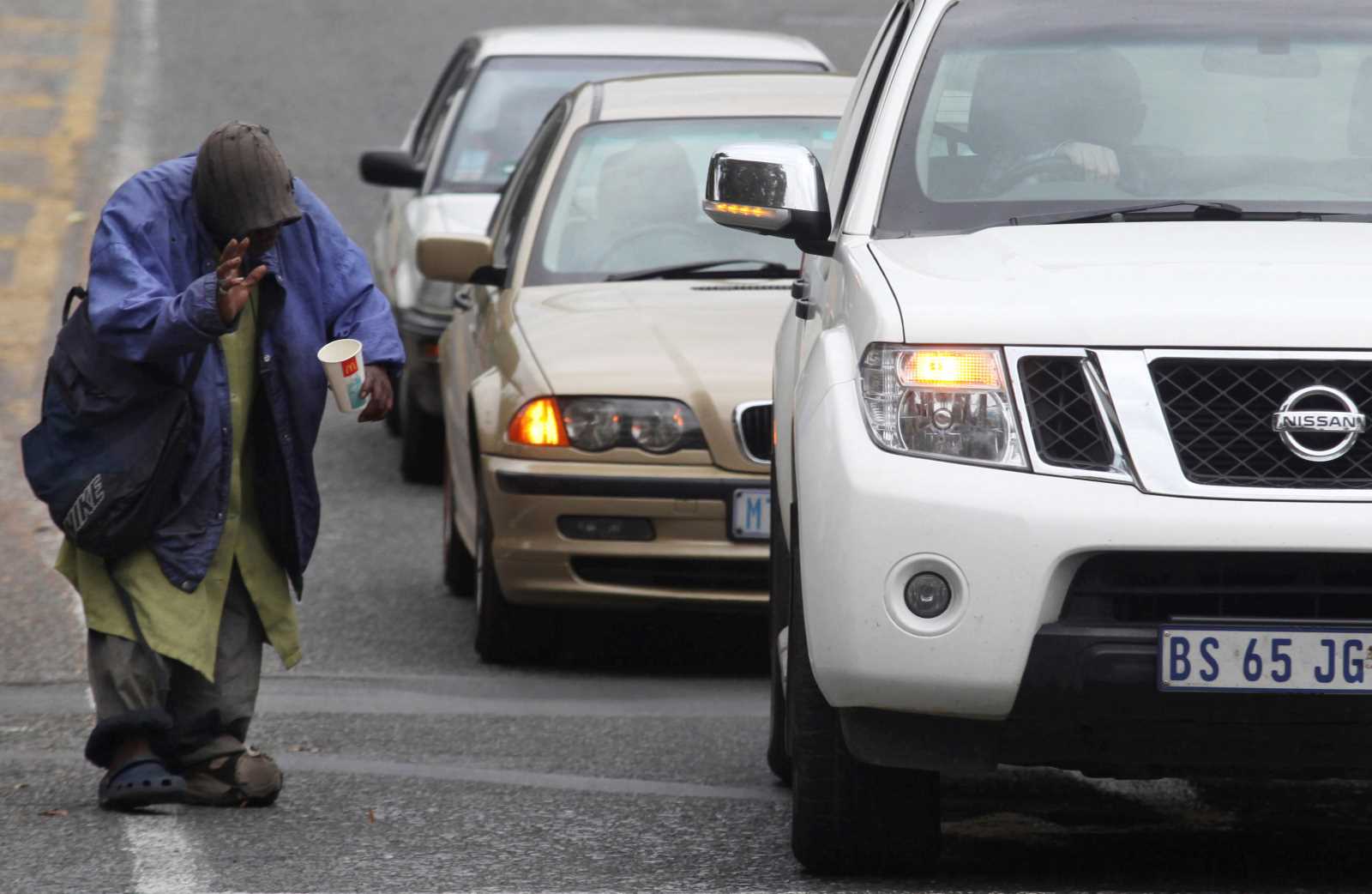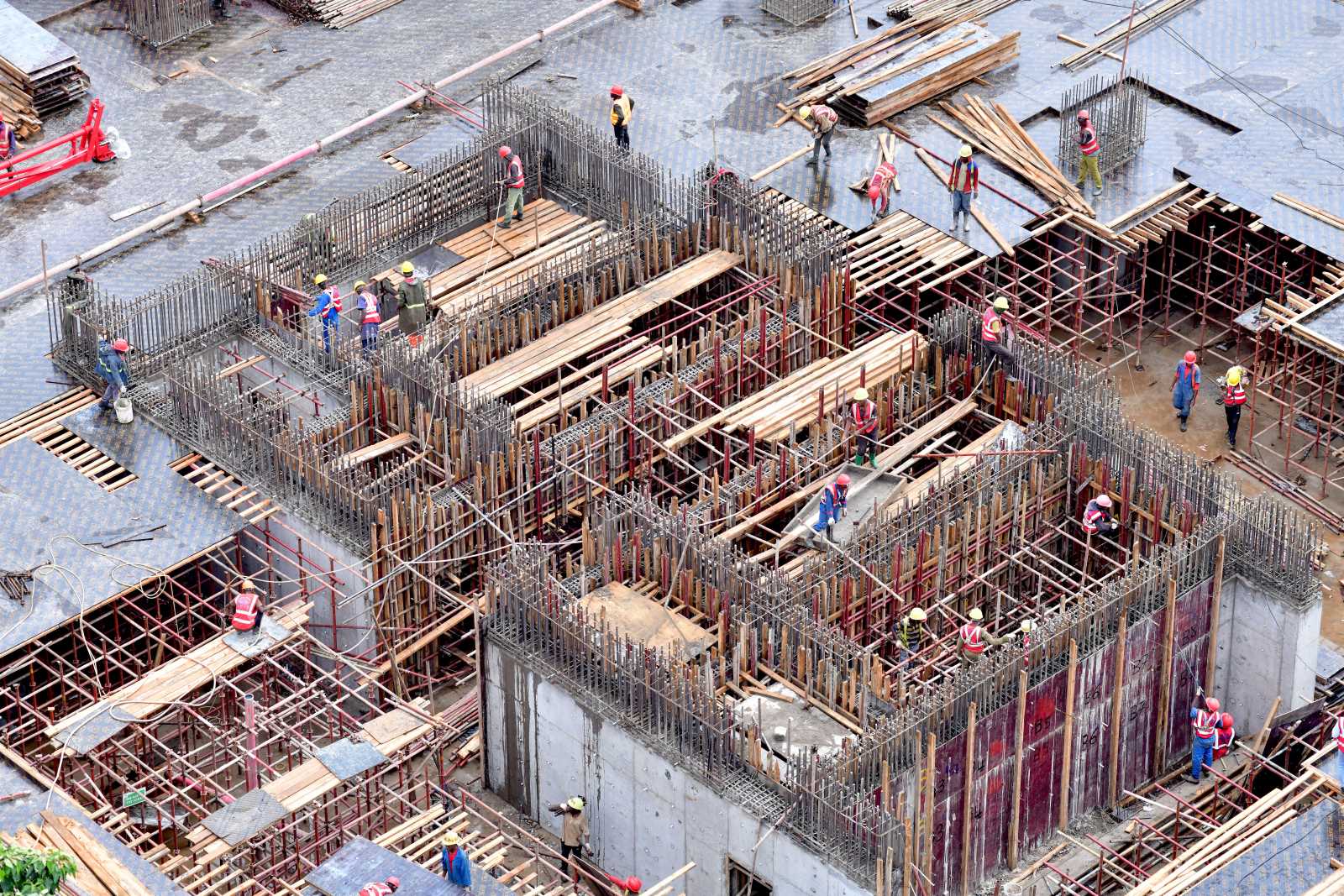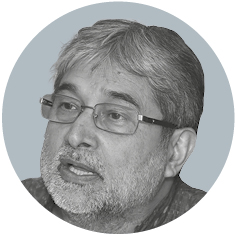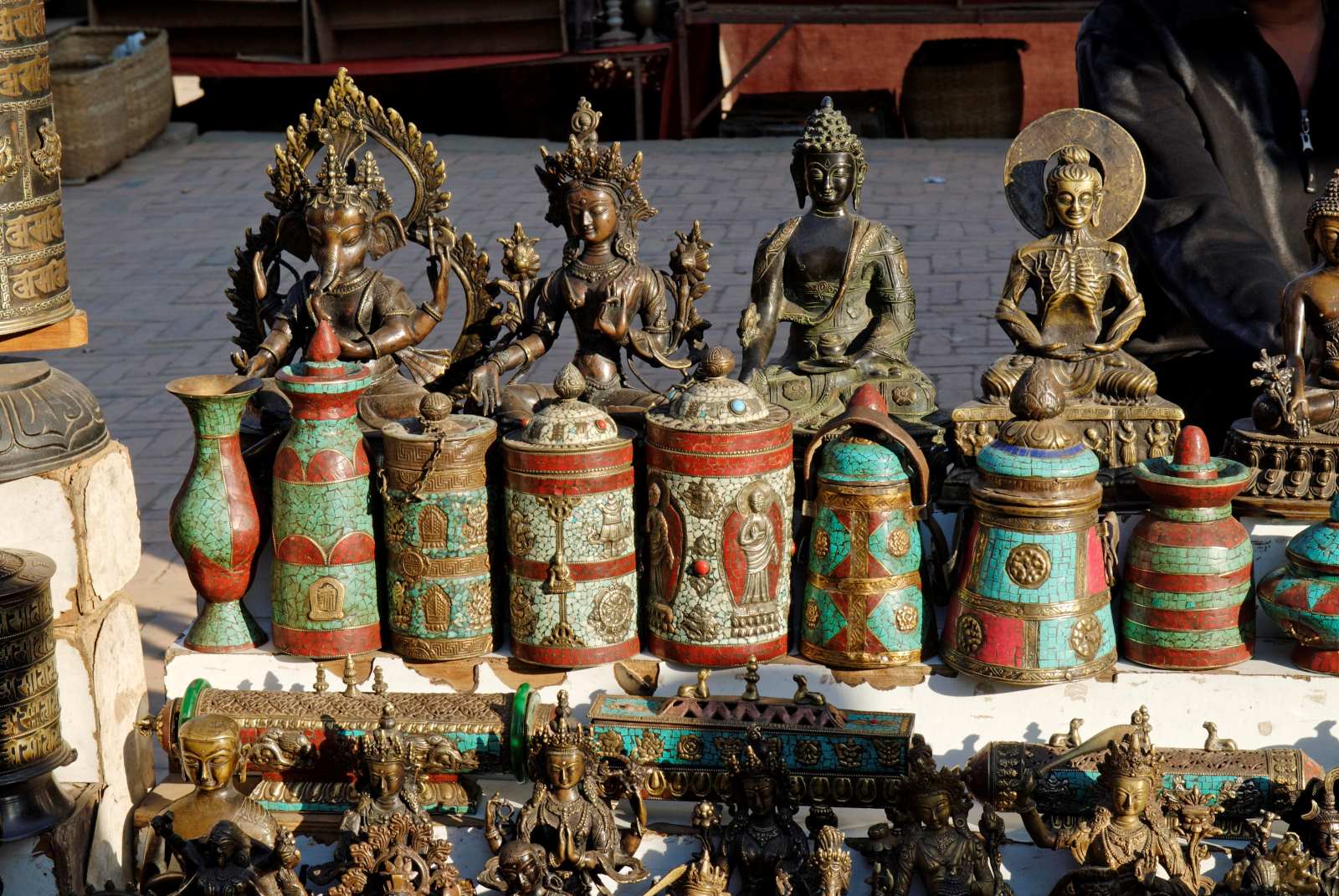Growth models
Why Africa needs a strong green growth
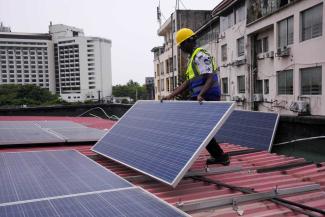
In your paper, you criticise both degrowth and green growth as frameworks for Africa. Instead, you advocate the concept of “strong green growth”. Can you explain the idea behind it?
First of all, we need to understand the differences between degrowth and green growth. I have some sympathy for degrowth because the concept conveys that we need to be wary of capitalist economic growth and more mindful to protect natural resources. The problem is that degrowth focuses too much on reducing economic growth, while a large proportion of Africans need significant economic growth to live a meaningful life that meets their basic needs.
I understand the concern of some that green growth can be used as a ruse for “business as usual”. However, this is not necessarily the case, as there are different versions of green growth. The strong version of green economy that I support is one that allows a focus on innovation and a decoupling of economic growth from environmental impacts. At the same time, however, it achieves a certain level of economic growth that is necessary for the well-being of the majority of Africans.
To be clear: I do not support green growth that does not care about justice. Examples of such an approach include flooding Africa with cheap and unreliable solar products or displacing communities for renewable energy-projects.
I also do not support unrestrained economic growth with all its consequences for the environment and climate change. But I do not believe that a reduction in growth by itself is the solution. I advocate a strong version of green growth that allows for some growth, especially in developing countries.
You write that degrowth could exacerbate poverty in low-income countries. How could this dynamic unfold in Africa?
We need more growth to feed the African population in the first place. In 2024, around 429 million people in Africa were living in extreme poverty. There are also indications that we will have up to 105 million climate refugees from Africa by 2050. So how is Africa supposed to feed its population, protect the environment, provide electricity, running water and efficient hospitals, build or equip universities and other facilities for research and innovation if the economy is not allowed to grow?
Some degrowth scholars say that we can perhaps let Africa grow but restrict growth in richer countries. That may sound nice in theory, but in practice it will be very difficult because we live in a globalised world. So, if rich countries start to focus on cutting growth, where will Africa be able to sell its raw materials to get the revenue needed to invest in development?
The reality is that we are seeing a trend towards populist movements in the west. Many far-right parties are already in government. This also means that countries are looking inwards again – with the result that solidarity is taking a back seat and nationalism is on the rise. So, we are a long way from a real debate about degrowth in these countries anyway, and Africa will be negatively affected in any scenario.
Is it likely that degrowth will also increase social inequalities in high-income countries?
Some scientists assume that there will be more equality once there is degrowth. But this is not true. Just as in a global degrowth scenario – where Africa, as the currently marginalised continent, would suffer more – those who are already poorer in high-income countries will bear the burden. It is important to understand that degrowth or growth scenarios are completely different from distribution and redistribution policies. Unless you introduce strong policies and institutions to ensure the redistribution of resources and income in a country like Germany, it is not enough to degrow the German economy to eliminate inequality. Because the rich have a head start, and they will always get their way.
How could a strong green-growth model look like in practice for African nations?
Many African countries do not contribute much to climate change. With per capita carbon emissions of 0.12 tons last year, it takes the average Rwandan 129 years to emit the same amount of carbon as the average American – with per capita CO2 emissions of 15.52 tons – does in one year.
However, we have to accept that, given the population size of African countries, it would be a disaster for the environment if Africa were to follow the same economic growth model as western countries.
Strong green growth in Africa would aim to minimise the impact on ecosystems and ensure, for example, that our cities are designed in such a way that there are safe bicycle and pedestrian paths and electric vehicles on public transport.
In a strong green-growth scenario, a large proportion of Africans would have to generate their electricity from renewable sources. Africa has all the prerequisites to do this, for example through wind and solar energy. Some African countries already obtain a large part of their energy resources in this way, but there is still the problem of a low innovation base and the inability to produce more renewable energy-technologies.
Whose fault is that?
This is one of the many areas in which the rich countries have let the African countries down. The former are content to export green technologies to Africa as finished products and make Africa the market for these products instead of promoting innovation and knowledge transfer. In this way, they maintain an economic competitive advantage over Africa. Some have referred to this as “green colonisation”.
What we need for strong green growth are strong partnerships. And Europe and the west in general need to understand that this is also in their own interest. If the west does not enter into strategic partnerships with Africa that enables African governments to improve their position in the value chain and produce some of these products, it will have negative consequences, especially for Europe:
- Unemployment in Africa will continue to rise and the small boats crossing the Mediterranean will become bigger boats.
- China will gain a stronger foothold in Africa through strategic relationships and overtake Europe.
What safeguards would you propose to ensure that green growth strategies in Africa genuinely promote sustainability and equity?
It comes down to institutions and science – reporting, monitoring and evaluation. We need a sound natural capital accounting system that really ensures that natural resource use is properly accounted for. We need appropriate pricing of goods that reflects the environmental impact of processes and products. We need transparency in government reporting on water use, pollution, CO2 emissions, et cetera. And we need strong civil societies to keep governments in check.
Your paper emphasises the role of climate justice in evaluating growth models. How can African nations better advocate for equitable climate policies on the international stage?
There needs to be more respect. Many feel that Africa is still being patronised. It has taken so many years for Africa to get even one seat in the G20. In addition, commitments must be followed by action. Western countries talk about Africa being a valuable partner in international development. But they still give loans instead of grants and refuse to restructure the international financial architecture so that African countries can get money at the same interest rates as rich countries.
But at the same time, I have to say that many African countries also need to wake up and work on their attitude. Their leaders need to show seriousness – and to do this they should not just come to international negotiations and then moan that they are the victims but show themselves to be serious reformers.
Africa is a continent of 54 nations. How can policymakers ensure that growth strategies account for the continent’s diverse economic, social and environmental contexts?
Strategies must be based on a set of principles, and each country must then shape them according to its current situation, natural resource base and economic conditions.
Regional organisations such as the Southern African Development Community (SADC) and ECOWAS can also play an important role here by establishing guidelines that apply to their respective regions.
In your opinion, what role do indigenous African knowledge and local practices play in shaping sustainable and equitable growth models?
Quite a big one, but only if they are recognised, supported, nurtured and harnessed. There is not much investment or effort here.
My father built his house in Nigeria’s Igboland with clay, as his forefathers did. This is a climate-friendly form of a cooling system. So why can’t we think of new ways for builders in modern Nigeria to resort to this practice and do away with cement, which emits a huge amount of CO2 during processing?
There is not enough talk about how we can really benefit from such centuries-old practices. African governments are also called to action in this area. They need to recognise that there are already many technologies that enable strong green growth – they just need to be used.
Reference
Okereke, C., 2024: Degrowth, green growth, and climate justice for Africa. Review of International Studies.
Chukwumerije Okereke is a professor of Global Governance and Public Policy at the School of Policy Studies, University of Bristol, UK.

